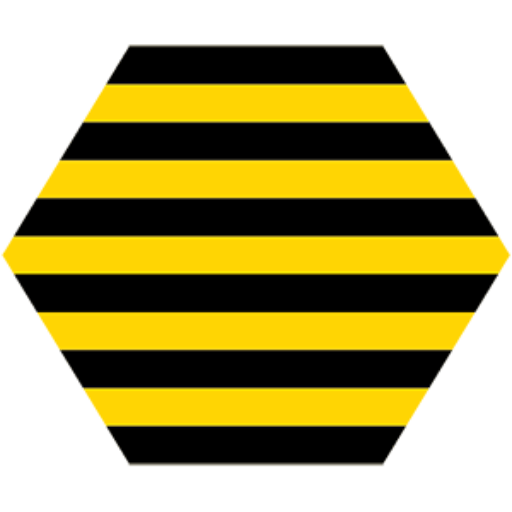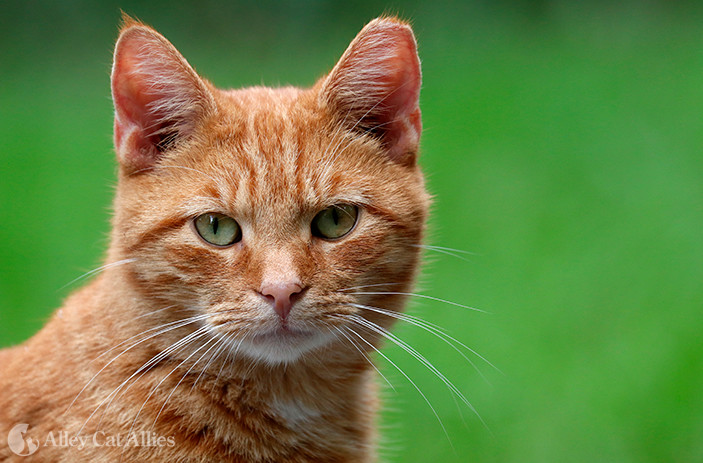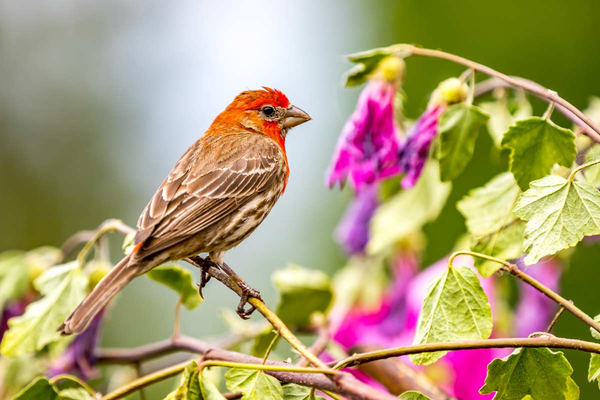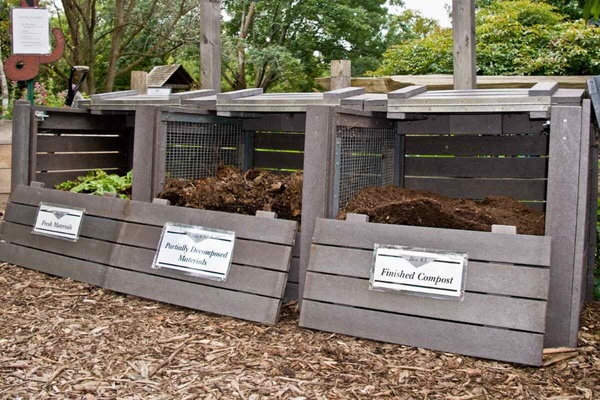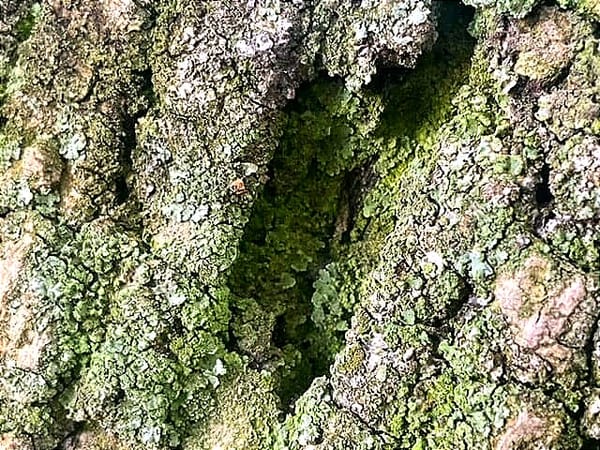Pollinators Make the World Go Round
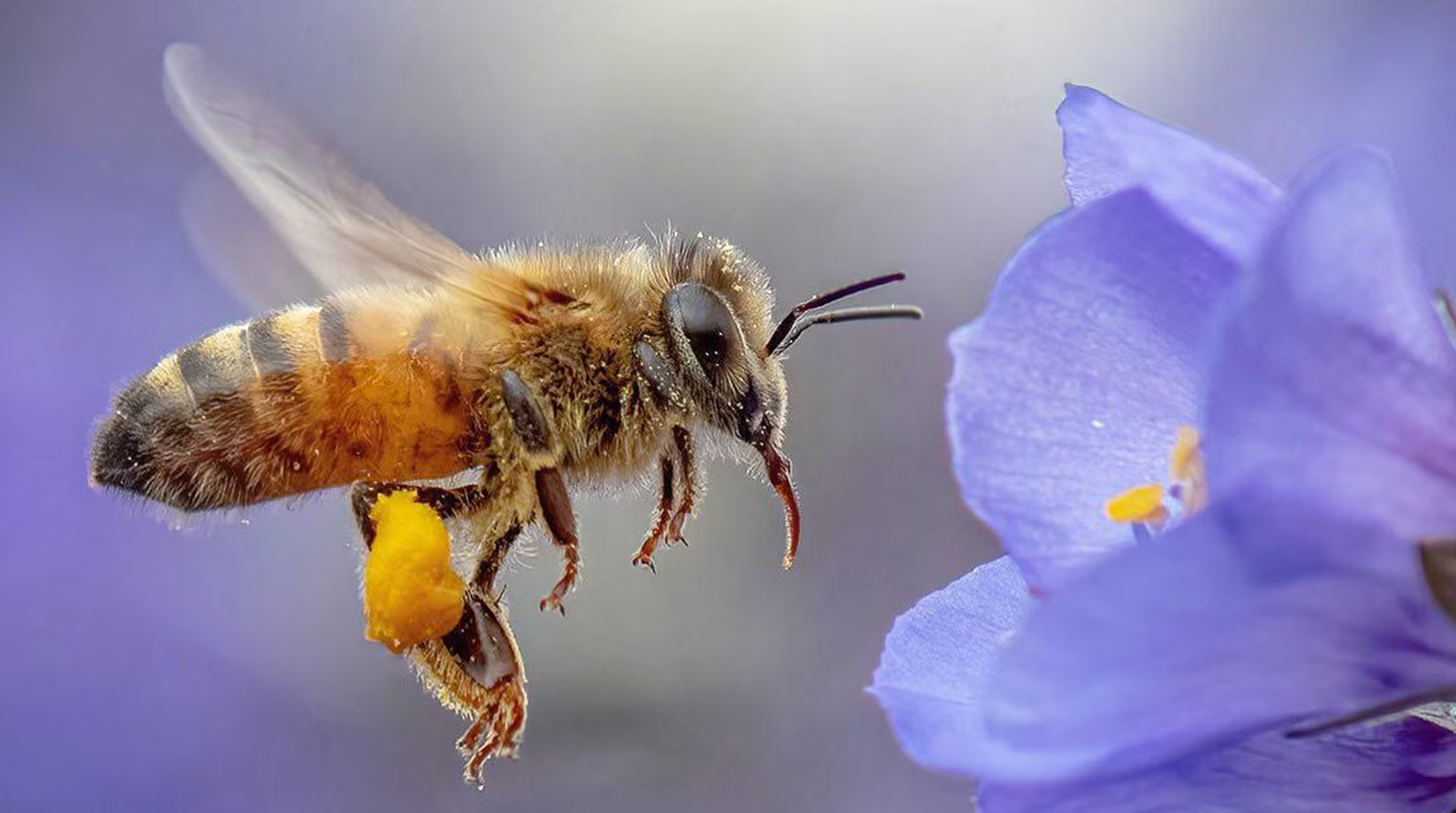
Swimming in the pool with my siblings when we were younger was a highlight of my childhood. However, there was always a villain lurking around the corner: bees! We would scream, duck under the water, and even splash them if they got close. Was it dramatic, stupid, and unnecessary? Yeah, obviously. But something about these little insects seemed to freak us out. As I got older, though, I realized how much of an important role bees, as well as other pollinators, play in our ecosystem. Bees, however, make up around 62% of crop pollination (Roberts).
If all bees went extinct, humans, as well as the majority of life on Earth, would suffer greatly. On the human side, there would probably be widespread famine and a large war over resources. For the rest of life, the loss of numerous species would be substantial.
Unfortunately, the bees are going through a bit of a crisis. Parasites, disease, habitat loss, pesticides, and much more is causing a massive loss of bee life. However, this data is mostly collected from commercial bees. How about wild bees? Well, if you're in North America, you're in luck! You can help us all out by using a nice walk, your garden, and a break outside to take pictures of bees. Take a look at the Bee Conservancy project called iNaturalist: https://www.inaturalist.org/projects/the-bee-conservancy-community-science-projects?tab=about
If you're not from North America, don't fret! There are still many ways you can help out our fuzzy friends.
Native Flowers
Obviously, bees love flowers. Unfortunately, humans love flowers too...just not the kind that bees need. While I love butterfly bush, it's actually an invasive species where I'm from. As much as I'd love to start a jungle of this beautiful plant on my patio, it's not the best idea. If you look outside your window, there's a pretty high chance many of the plants you see are not native. To put it simply, this is not good. Luckily, you can play your part in fixing this! If you do some research, you can find maps of native flowers in your region. And by some research I genuinely mean a single internet search. For an added bonus, try to find some that are also nectar-rich.
This is your chance to start a fun gardening project. Even if you live somewhere without a grassy lawn, you can also make a window garden, place some flower pots, and much more. A cheap, fun, and helpful project for pretty much anybody!
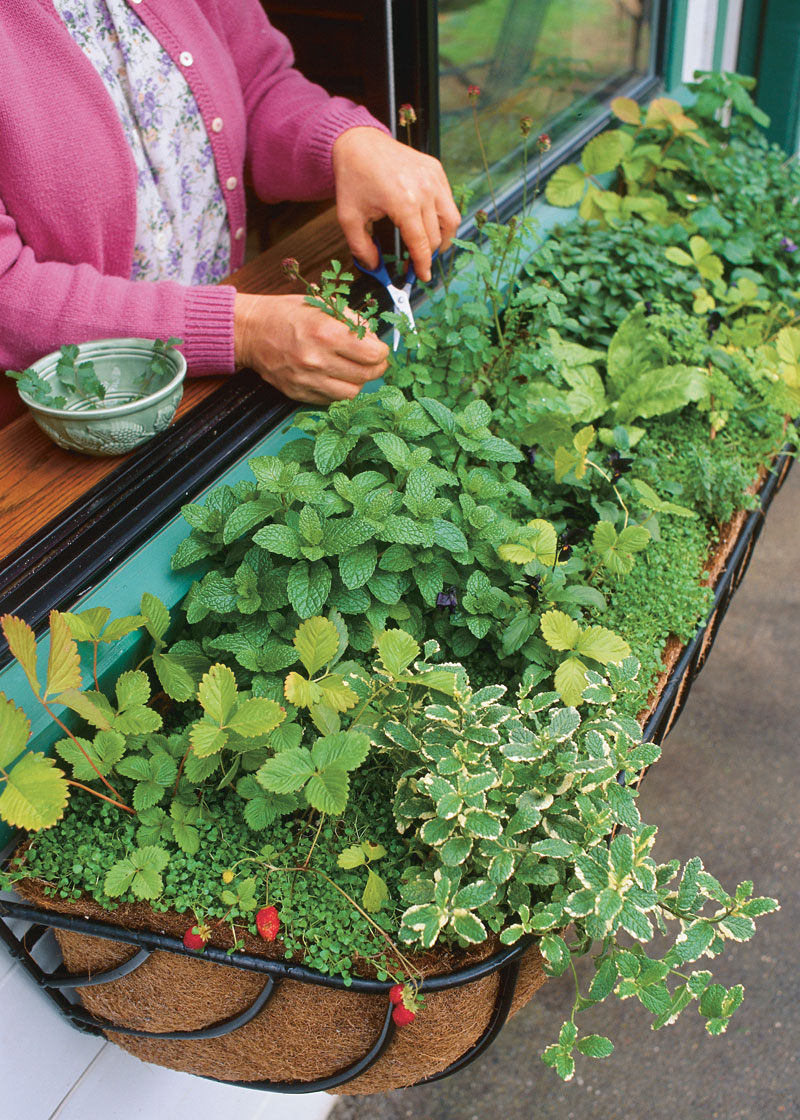
Seed Library
Have you ever seen those little boxes on the street or in apartment complexes that have used books for anyone to take? Imagine that but full of native seeds! Let your neighbors and community members take part in recovering biodiversity.
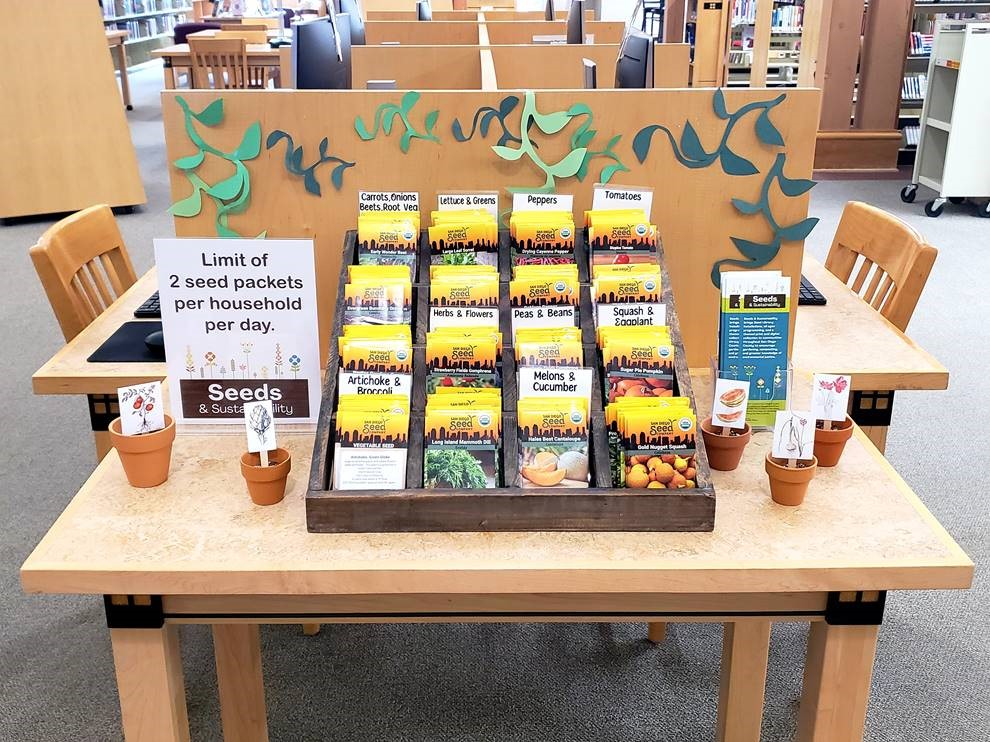
Volunteer and Donate
While this may seem simple, it's integral to any movement. Here are some great organizations to support:
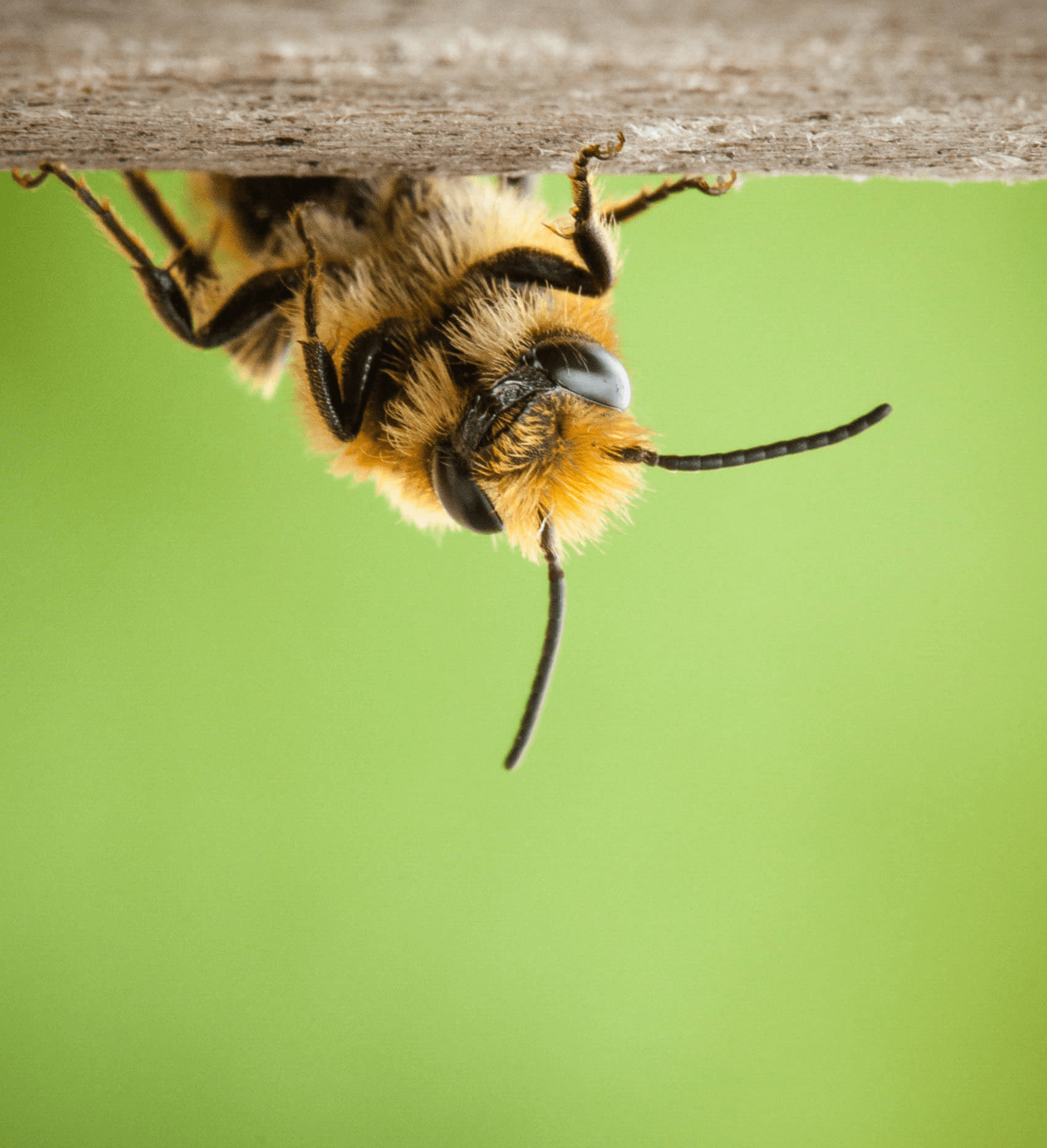
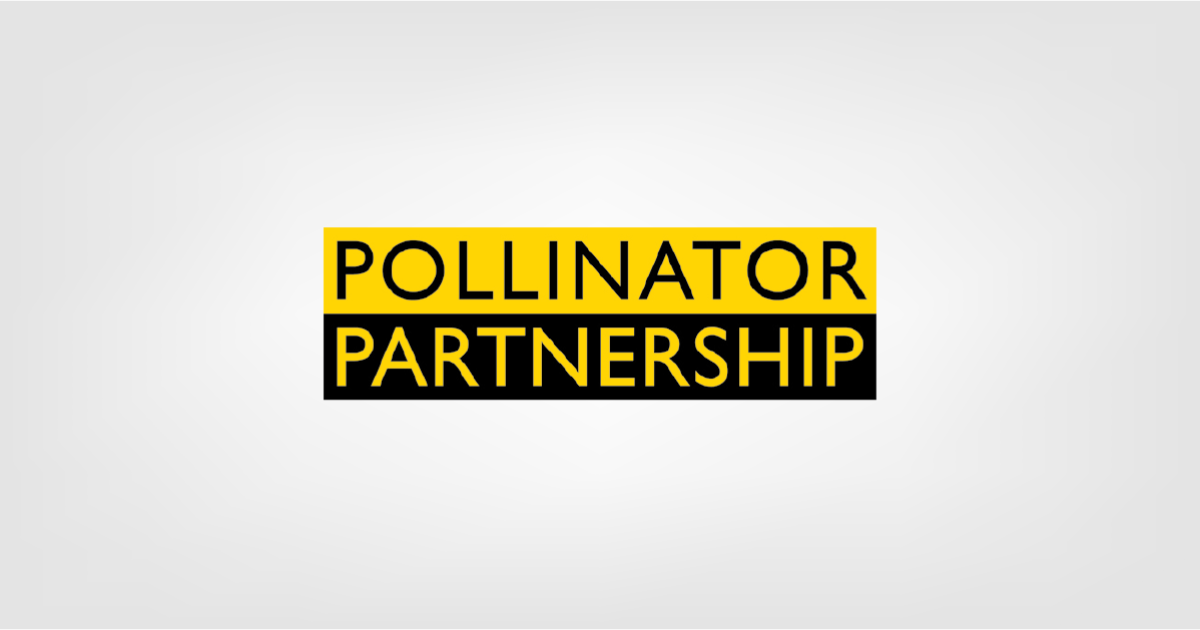

And many more!
Sources:
“10 Ways to Save the Bees.” The Bee Conservancy, 31 Mar. 2025, thebeeconservancy.org/10-ways-to-save-the-bees/. Accessed 18 June 2025.
Roberts, Chloë. “What Happens to Ecosystems When Bees Disappear?” Earth.Org, 16 Apr. 2025, earth.org/what-happens-to-ecosystems-when-bees-disappear/. Accessed 18 June 2025.

